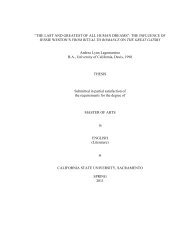Complete Thesis_double spaced abstract.pdf
Complete Thesis_double spaced abstract.pdf
Complete Thesis_double spaced abstract.pdf
You also want an ePaper? Increase the reach of your titles
YUMPU automatically turns print PDFs into web optimized ePapers that Google loves.
egard to the establishment of appropriate regulations is thought to be one of the precursors to the<br />
future banking disaster in Guatemala (Central America Report, 2005).<br />
The first major instance of the privatization of a government owned enterprise was the<br />
sale of the National Institute of Electricity (INDE) to the U.S. corporation Enron. As a state<br />
owned enterprise INDE had provided 83% of the electrical power in Guatemala. After the sale of<br />
INDE there were allegations from the state that Enron had not paid its public debts to Guatemala;<br />
furthermore it was revealed that Enron did not pay taxes in Guatemala. Under Enron’s ownership<br />
state subsidies for electricity to consumers in Guatemala ended. The government suggested 47%<br />
price increases for electricity, thousands of protestors descended on the capital city; ultimately the<br />
government retreats from the price hike. President Serrano attempted an auto-coup in 1993 under<br />
the pretext of fighting corruption. He suspended the constitution and dismissed the National<br />
Congress and Supreme Court. His actions, ruled unconstitutional by the courts, momentarily<br />
unite the military and business elites in their opposition to his auto-coup.<br />
This momentary unity was immediately tested under the new President Carpio; there<br />
were increasingly strong pressures from the business elites to continue privatizing state<br />
enterprises. The business elites began to realize that the process of privatizing was directly<br />
inimical to the interests of the military, since military personnel either own or operate the state<br />
owned enterprises. The benefits to privatizing would be captured by the business elites and the<br />
costs would fall on the military who are directly engaged in the ownership or management of the<br />
enterprises. There was a concerted effort by the business elites to purge the military of the older<br />
officers, those most likely to be involved in the graft of the 1970s and 1980s. The number of<br />
kidnapped and murdered businessmen begins to increase as the efforts for privatization continue.<br />
150



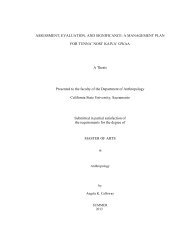
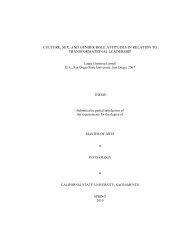
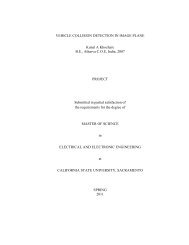
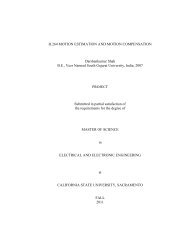
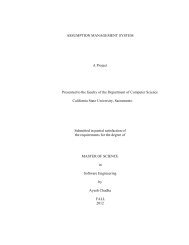
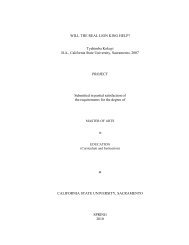
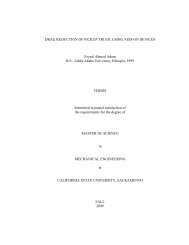

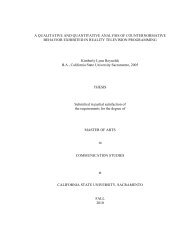
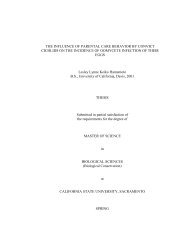
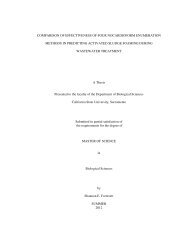
![Completed Thesis to Grad Studies[Final3].pdf](https://img.yumpu.com/17538645/1/190x245/completed-thesis-to-grad-studiesfinal3pdf.jpg?quality=85)
